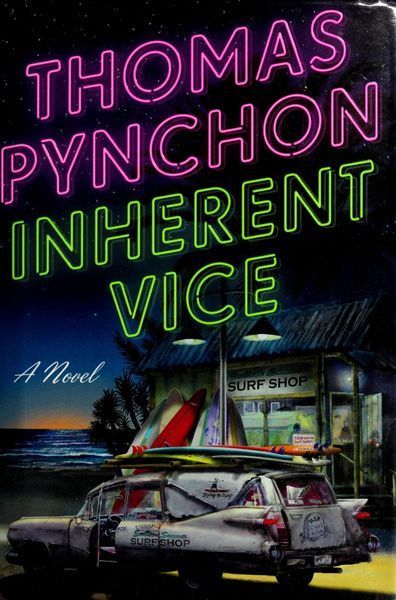
Reviews
✧༺♥༻✧@lilbeanstalk
Nick Whalen@nickthewhalen
Jim Hagan@aranyalma
jack@statebirds
Vladimir@vkosmosa
Omar AlHashmi@omaralhashmi
Mark Wadley@markplasma
Donald@riversofeurope
Melody Izard@mizard
John Balek@cruelspirit
Seb@sebaw
Zoe Smolen@booksatlunch
Daryl Houston@dllh
Andrew Ireland@aireland92
Colton Ray@coltonmray
Tobias V. Langhoff@tvil
Teddy Calavera@teddycalavera
lucinda ventimiglia@lucinda
iamazoo@iamazoo
Michael Ernst@beingernst
Cullen Bounds@cwillbounds
Sam D@samd526
Vladimir@vkosmosa
Muriel Trystero@trystero